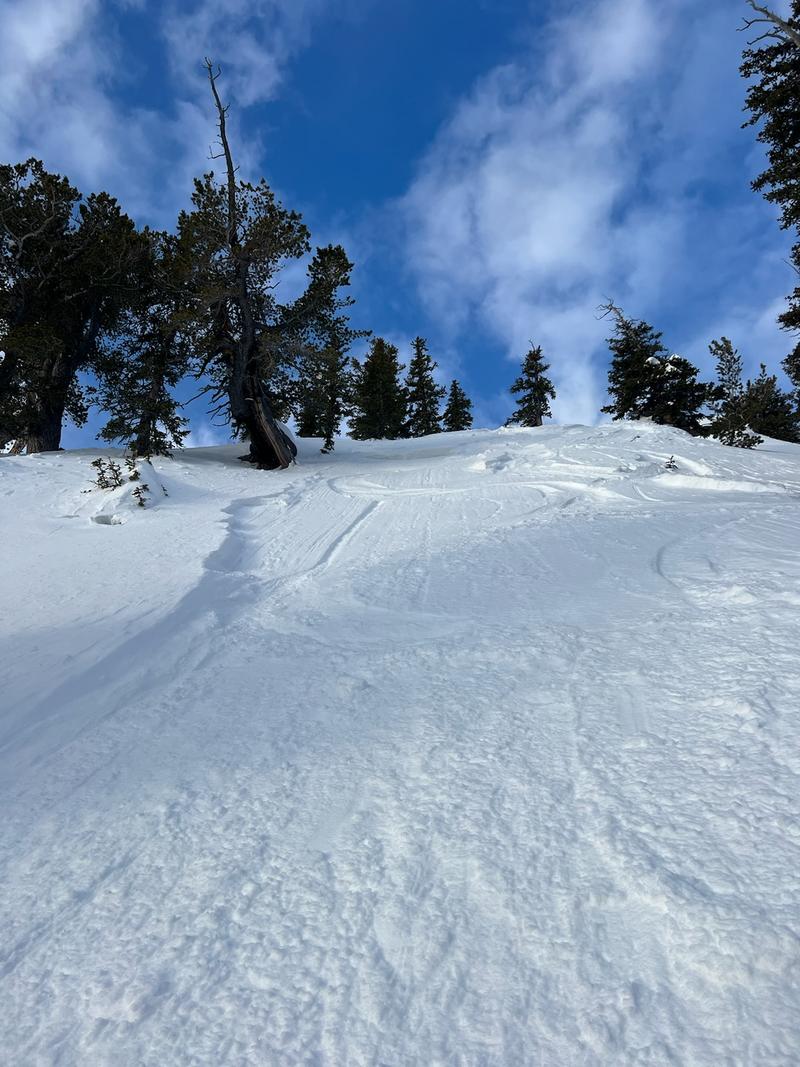Forecast for the Salt Lake Area Mountains

Issued by Greg Gagne on
Friday morning, March 1, 2024
Friday morning, March 1, 2024
The avalanche danger is MODERATE at the mid and upper elevations on slopes with new and recent slabs of wind-drifted snow. Fresh wind drifts may be found on all aspects, including well-down into drainage bottoms which are usually wind-protected. The avalanche danger is LOW at low elevations.
Stay well back from ridgelines as cornices are large and sensitive, including breaking off naturally.
The avalanche danger will be on the rise through this weekend with strong winds and heavy snowfall arriving by Saturday afternoon.

Low
Moderate
Considerable
High
Extreme
Learn how to read the forecast here





